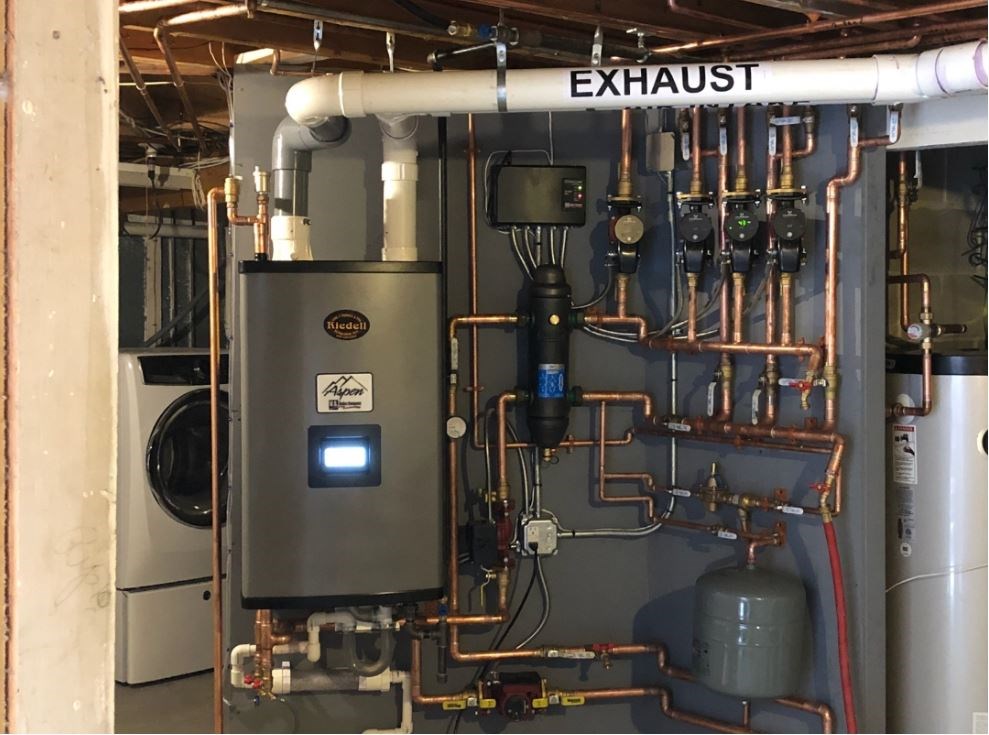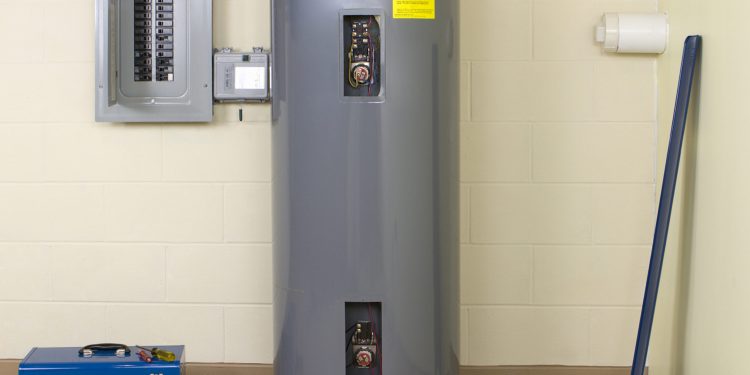Winter is coming, and every household should carefully check if their boiling system is still in its optimal working condition. If your home boiler system hasn’t been replaced in a long time, it may be time to replace it with a new one. Installing a new boiler system is a significant investment. As such, you should be able to choose the right one. Here are some tips:
1. Check the Appropriate Boiler Size
When choosing a boiler system, you have to consider the size. The right one depends on your household’s usage. How much hot water does your home consume? For a small family with a single bath and shower, a basic boiler with about 30 kW may be enough. However, for a home with an additional en-suite bathroom, a larger boiler with a 35 kW may be necessary. The size of your home also matters when choosing your boiler size. You have to consider that your boiler should be enough to provide sufficient heating for your entire household.
2. Consider Your Home Space
You also have to factor in the space where you will place your boiler. If you plan to get a bigger boiler system, you have to make sure that you have enough space in your home to accommodate it. If your room is limited, a combi-boiler may be ideal. If you have a big basement and have high heating requirements, a bigger system may be best. Getting a big boiler when you have a small home may not be cost-efficient for you. If you are planning to have any home additions, like bathroom remodeling, consider this as well.
3. Factor In Your Current System
When replacing your current boiler system, you may want to decide if you wish to keep the old system or upgrade to a bigger or more modern one. Keep in mind your home’s usage. If you think your current system can no longer provide your home with sufficient heating, you may want to upgrade. However, if you are satisfied with the heating and want to keep the costs low, you may choose to retain the same system. If you are unsure, you can consult professionals like Accuserv to give you an idea if your current system can still be effective.
TIP: Did you know you can qualify for a free central heating and boiler grant through the ECO initiative. Read through Warma UK guide to see if you qualify for a central heating grant
4. Decide on the Boiler Type
There are three types of boilers: conventional, system boiler, and combi-boiler.

Conventional boilers are the most common. They are often bulky because they need to have cold and hot water feeder tanks, making them perfect for homes that require intense heating capabilities. System boilers have built-in heating components, but they can also have a cylinder to store hot water, so they are ideal for homes with multiple bathrooms. Combi-boilers or combination boilers are among the most effective because it allows users to heat water directly from the main tap. Since it does not have a separate tank, the water directly flows from the central system.
5. Know the Efficiency Rating
If you want to have a cost-effective boiler system, you should go for the one that has the best efficiency rating. This means you have to choose a boiler system that can provide you with enough heating while staying easy on the pocket. You may also consider this for the one that has the lowest carbon footprint. Ideally, you should look for a boiler system that has an “A” grade efficiency rating. Most modern systems would commonly have this feature.
6. Check the Cost vs. Lifespan
It can be tempting to go for a cheap boiler system, but you also have to think about its lifespan. Most cheap brands would only last for two to three years versus a premium grade boiler that can last for 10 years or more.
Ideally, you should purchase from reputable brands. This way, you have the assurance that you won’t be needing any repairs or replacement soon.






